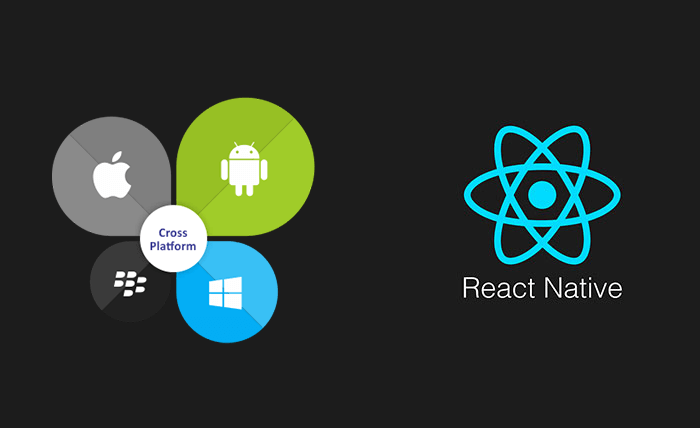Description
Learn as well as develop mobile applications for both iOS and Android platforms using the React Native framework. The course is typically structured to provide a comprehensive understanding of Hybrid Mobile Application Development in React Native. Here is what you can expect from our classes:
Introduction to Hybrid Mobile Application Development in React Native:
-
Get an Introduction:
- To React Native, its purpose, advantages, and how it differs from traditional native app development.
-
JavaScript Fundamentals:
- Learn as well as review fundamental JavaScript concepts, a primary requirement for the Best React Native Courses Online.
-
React Basics:
- Understand the basics of React (a foundation of React Native), including components, state, and props.
-
Setting Up the Development Environment:
- Learn how to set up development environment, which includes installing Node.js, npm (Node Package Manager), and other tools needed for Mobile App Development with React Native.
-
Creating Your First React Native App:
- Hands-on experience begins early with a simple React Native app. This step involves setting up a project, running the app on a simulator or physical device, and understanding the basic structure.
-
Navigating with React Navigation:
- Most mobile apps require navigation between screens. Get to know about React Navigation, a popular library for handling navigation in React Native apps.
-
Working with Components:
- Learn to build user interfaces using React Native components, including text, images, buttons, and more.
State Management, Styling, Debugging and Deployment in Hybrid Mobile Application Development:
-
State Management:
- Understand and implement state management in React Native, which may involve using state and props or introducing Redux for more complex applications.
-
API Integration:
- Integration of RESTful APIs for data retrieval and manipulation, using tools like Axios or the Fetch API.
-
Styling in React Native:
- Learn how to style components using CSS-like styles or popular styling libraries like Styled-components.
-
Handling User Input:
- Implement user input forms, buttons, and other interactive elements to create a dynamic user experience.
-
Accessing Device Features:
- Explore how to access device features like the camera, geolocation, and sensors using React Native modules.
-
Debugging and Testing:
- Learn Debugging techniques tools, and testing methodologies, to identify and resolve issues in React Native applications.
-
Deployment:
- Providing insights into app deployment, including how to generate APKs for Android and build iOS apps for distribution.
-
Advanced Topics:
- Learn advanced topics like animations, in-depth navigation, authentication, and performance optimization (depending on course depth).
Projects, Best Practices and Trends in React Native:
-
Project Work:
- A final project that allows you to apply your learnings and build a complete React Native mobile application.
-
Best Practices and Real-World Scenarios:
- Get the best practices, tips, and real-world examples from industry experts for learning market-ready skills.
-
Updates and Trends:
- Stay updated with React Native as you get coverage of the latest updates, libraries, and trends in the ecosystem.
Variable course duration (ranging from a few weeks to several months), and various presentation formats (online classes, in-person workshops, or self-paced learning) may be applicable.
After course completion, you become well-equipped to create, deploy, and maintain real-time mobile applications using React Native.
Visit Here also if you want to know more about: Python/Django Web Development Online Course in India

